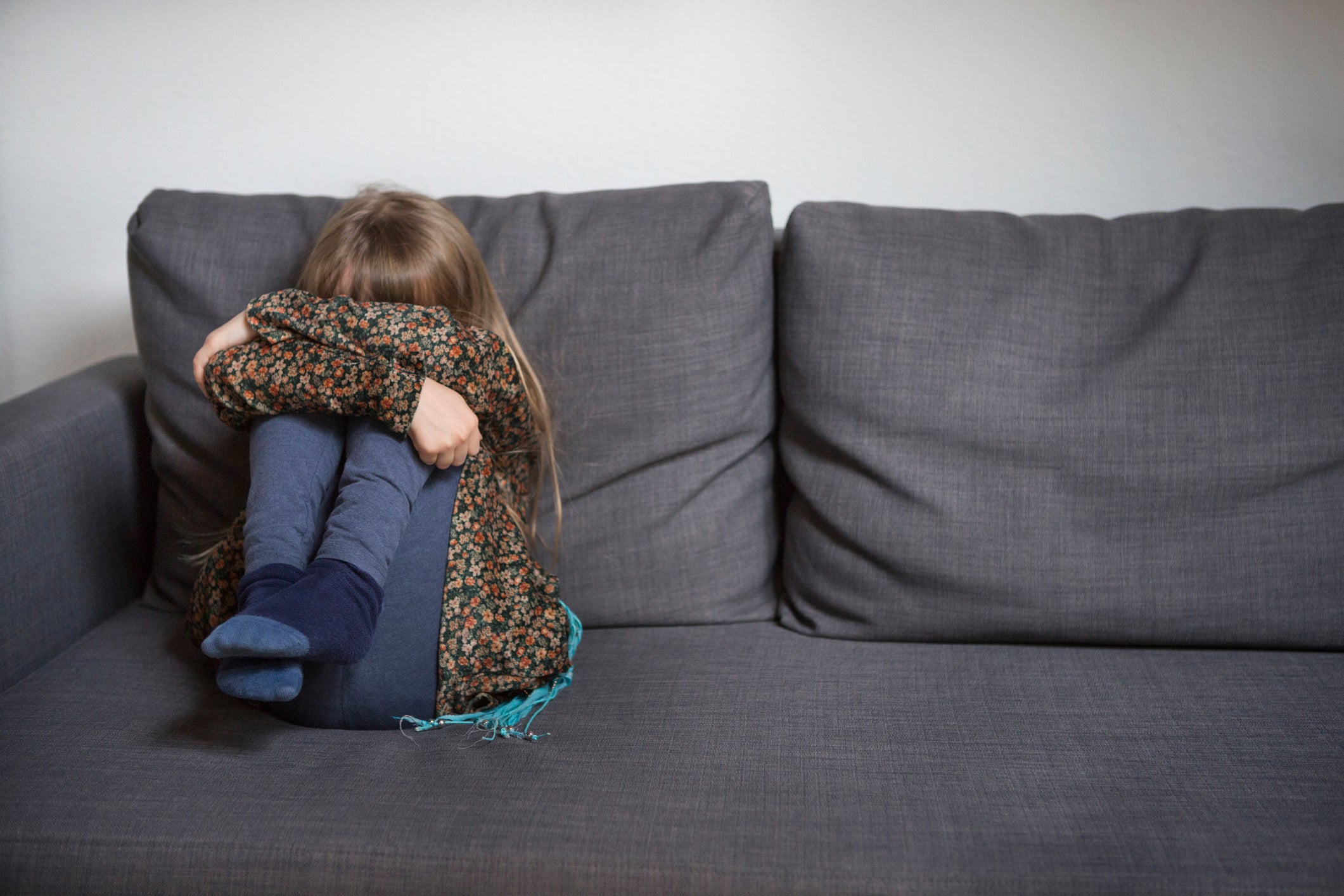Health
Rethinking Halloween: Strategies for Neurodiverse Children with ADHD

Halloween often emerges as a beloved celebration for children, but for those with neurodiverse conditions such as ADHD, it can present unique challenges. Families navigating this holiday face sensory overload, emotional distress, and sleep disruption, which can transform what is typically a festive occasion into a daunting experience.
Many parents have found that traditional Halloween festivities—full of decorations, costumes, and sweets—can overwhelm children with ADHD. Elva Etienne, a parent who has grappled with these issues, notes that her child struggled to separate fantasy from reality during the holiday. The excitement of Halloween often led to prolonged periods of anxiety and sleep disruptions.
Understanding the Challenges
Research indicates that neurodiverse children may develop executive function skills at a rate significantly slower than their neurotypical peers. For instance, a six-year-old with ADHD may exhibit emotional regulation similar to that of a four-year-old. This discrepancy makes it easy to see why Halloween’s stimulating environment can be overwhelming.
A study published in the Journal of Clinical Sleep Medicine in 2016 found that high-sugar diets are associated with lighter and more restless sleep. While sugar does not directly cause hyperactivity, it can impact sleep quality, a crucial factor for children who already face challenges with emotional regulation and impulse control. As Halloween involves late nights and an abundance of sweets, it is no surprise that children with ADHD may experience heightened emotional reactions and meltdowns.
Adapting Halloween Celebrations
To mitigate these challenges, families like Etienne’s have sought alternative ways to celebrate Halloween. In the early years, they opted for a low-key approach, avoiding typical decorations and focusing on simpler activities. They created pumpkin-shaped sandwiches, engaged in autumn-themed crafts, and enjoyed a “disco bath” with glow sticks and music. This approach fostered a sense of celebration without overwhelming their child.
As children grow, some families choose to participate in trick-or-treating, albeit with clear boundaries and expectations. For those navigating similar circumstances, several strategies have proven effective:
– **Go Early:** Visiting houses while it is still light allows for a smoother transition back to calmer environments after the excitement.
– **Keep It Short:** Instead of covering an entire street, planning a brief outing to a few houses can prevent sensory overload.
– **Limit Sweets:** Allowing children to select a small number of treats for the night while saving the majority for later can help manage sugar intake.
– **Communicate with Neighbors:** Informing local residents about potential challenges with costumes or jump scares can foster a more inclusive environment.
– **Create a Code Word:** Establishing a discreet phrase that signals a need to return home can empower children to express their discomfort without feeling overwhelmed.
– **Plan for Recovery:** Understanding that the day after Halloween may require flexibility means allowing for rest and downtime.
Families have also found joy in creating new traditions that better suit their needs. For example, instead of trick-or-treating, some opt for indoor treasure hunts or themed movie nights that maintain the spirit of celebration while minimizing stress.
Gee Eltringham, a psychotherapist and founder of Twigged, emphasizes that reimagining how Halloween is celebrated can significantly enhance the experience for neurodiverse children. By focusing on individual needs and preferences, parents can transform Halloween into a more manageable and enjoyable occasion.
As Halloween approaches each year, the potential for joy and celebration can coexist with the realities of neurodiversity. Through careful planning and open communication, families can navigate this festive season in a way that honors their children’s unique experiences while still embracing the spirit of Halloween.
-

 Health2 months ago
Health2 months agoNeurologist Warns Excessive Use of Supplements Can Harm Brain
-

 Health2 months ago
Health2 months agoFiona Phillips’ Husband Shares Heartfelt Update on Her Alzheimer’s Journey
-

 Science2 weeks ago
Science2 weeks agoBrian Cox Addresses Claims of Alien Probe in 3I/ATLAS Discovery
-

 Science1 week ago
Science1 week agoNASA Investigates Unusual Comet 3I/ATLAS; New Findings Emerge
-

 Science6 days ago
Science6 days agoScientists Examine 3I/ATLAS: Alien Artifact or Cosmic Oddity?
-

 Entertainment4 months ago
Entertainment4 months agoKerry Katona Discusses Future Baby Plans and Brian McFadden’s Wedding
-

 Science4 days ago
Science4 days agoNASA Investigates Speedy Object 3I/ATLAS, Sparking Speculation
-

 World2 months ago
World2 months agoCole Palmer’s Cryptic Message to Kobbie Mainoo Following Loan Talks
-

 Science4 days ago
Science4 days agoNASA Scientists Explore Origins of 3I/ATLAS, a Fast-Moving Visitor
-

 Entertainment3 months ago
Entertainment3 months agoEmmerdale Faces Tension as Dylan and April’s Lives Hang in the Balance
-

 Entertainment4 months ago
Entertainment4 months agoLove Island Star Toni Laite’s Mother Expresses Disappointment Over Coupling Decision
-

 Entertainment2 months ago
Entertainment2 months agoMajor Cast Changes at Coronation Street: Exits and Returns in 2025









